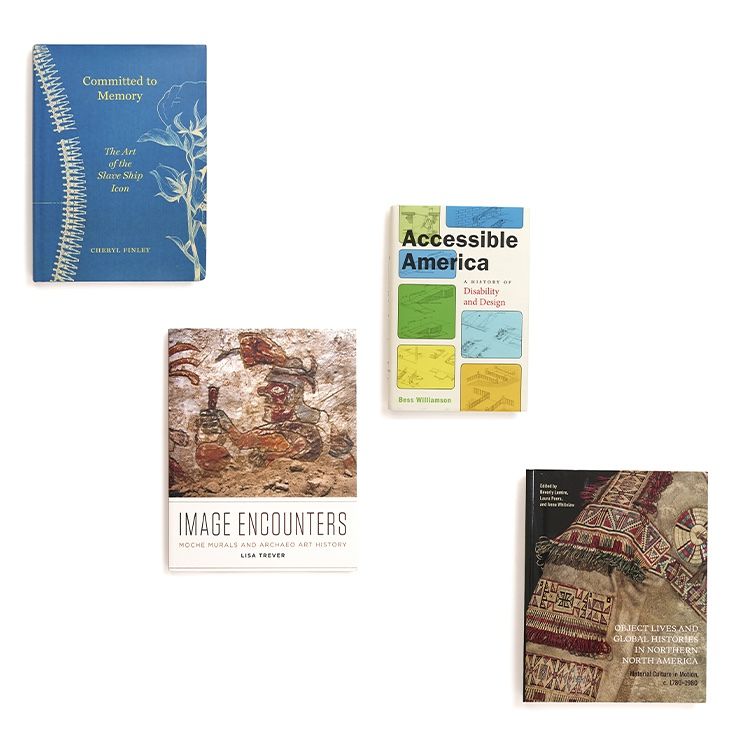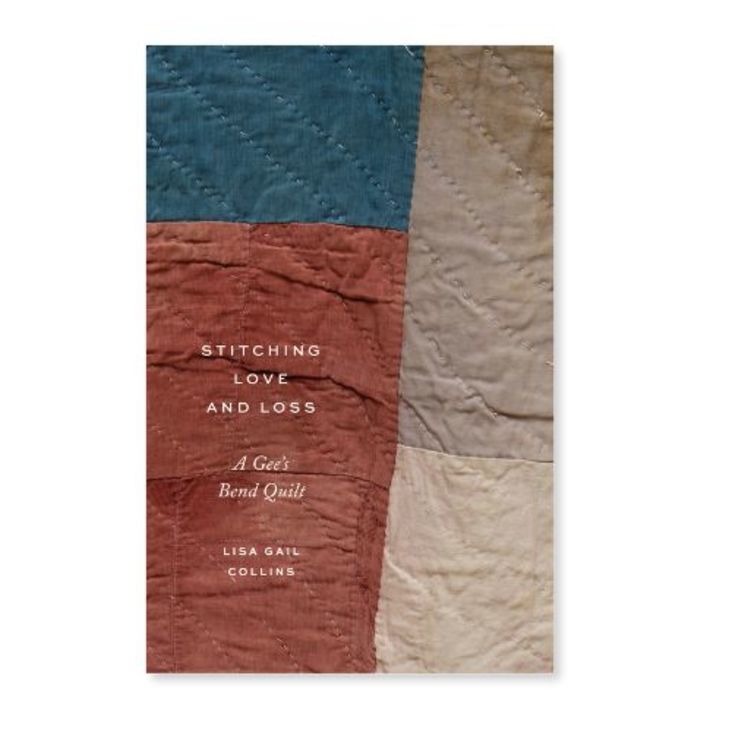












38 West 86th St.
New York, NY 10024
212.501.3000
admissions@bgc.bard.edu
18 West 86th St.
New York, NY 10024
212.501.3023
gallery@bgc.bard.edu
BGC Gallery is currently closed.
38 West 86th St.
New York, NY 10024
212.501.3000
admissions@bgc.bard.edu
18 West 86th St.
New York, NY 10024
212.501.3023
gallery@bgc.bard.edu
BGC Gallery is currently closed.
On the History of Civilization and Geopolitics
January 24, 2017
6:00 – 7:30 pm
A conversation between Karl Schlögel and Mark Mazower to celebrate the publication of In Space We Read Time: On the History of Civilization and Geopolitics published by Bard Graduate Center in its book series Cultural Histories of the Material World. Moderated by Peter N. Miller, Dean of Bard Graduate Center and Series Editor of Cultural Histories of the Material World.

History is usually thought of as a tale of time, a string of events flowing in a particular chronological order. But as Karl Schlögel shows in this groundbreaking book, the where of history is just as important as the when. Schlögel relishes space the way a writer relishes a good story: on a quest for a type of history that takes full account of place, he explores everything from landscapes to cities, maps to railway timetables to Marlene Dietrich’s address book. Do you know the origin of the name “Everest”? How maps and spies shadowed the German invasion of Russia in 1941? What can the layout of towns tell us about the American Dream? In Space We Read Time reveals this and much, much more.
Here is both a model for thinking about history within physical space and a stimulating history of thought about space. Schlögel reads historical periods and events within the context of their geographical location. Discussions range from the history of geography in France to what a town directory from 1930s Berlin can say about professional trades that have since disappeared. He takes a special interest in maps, which can serve many purposes—two poignant and related examples being the German Jewish community’s 1938 atlas of emigration, which showed the few remaining possibilities for escape, and the pencil-drawn maps made in and of the Kovno ghetto by inmates. Other topics include Thomas Jefferson’s map of the United States; the British survey of India; and the multiple cartographers with Woodrow Wilson at the Paris Peace Conference, where the aim was to redraw Europe’s boundaries on the basis of ethnicity. Moving deftly from the Austro-Hungarian Empire to 9/11 and from Vermeer’s paintings to the fall of the Berlin Wall, this intriguing book presents history from a completely new perspective.
Karl Schlögel is one of Germany’s greatest living practitioners of cultural geography, focusing on the historical experience of Eastern European and Russian cities in the twentieth century. He is author of Moscow 1937 (Polity, 2012), amongst many other works. He is professor emeritus of Eastern European History at the European University Viadrina in Frankfurt/Oder, where he taught for many years and also served as Dean of the Faculty of Cultural Sciences. He has been awarded many prizes, including the Charles Veillon Prize for essay writing (1990), the Anna-Krüger Prize from Wissenschafts-Kolleg zu Berlin (1999), the Georg-Dehio Prize (2004), the Sigmund Freud Prize of the German Academy of Literature (2004), the Lessing Prize of the City of Hamburg (2006), the Order of Merit of the Federal Republic of Germany (2005), the Leipzig Book Prize for European Understanding (2009, for Moscow 1937), the Samuel Bogumil-Linde Prize (2010), and most recently, the Prize of the Historisches Kolleg in Munich (2016), which is awarded every three years to a single historian for an outstanding contribution to the study of history in Germany.
Mark Mazower is Ira D. Wallach Professor of History at Columbia University and specializes in modern Greece, twentieth-century Europe, and international history. He has written extensively on Balkan history and Greek history. His books Inside Hitler’s Greece: The Experience of Occupation, 1941–44 (1993) and The Balkans: A Short History (2000), won the Longman History Today Award for Book of the Year, the latter of which also won the Wolfson History Prize. His Salonica, City of Ghosts: Christians, Muslims and Jews 1430–1950 (2004) won the Runciman Prize and Duff Cooper Prize and was shortlisted for the Hessell-Tiltman Prize. Other books look from Greece out to Europe—Dark Continent: Europe’s 20th century (1998), Hitler’s Empire: Nazi Rule in Occupied Europe (2009)—and then beyond war to managing peace: No Enchanted Palace (2009) and Governing the World (2012).





38 West 86th St.
New York, NY 10024
212.501.3000
admissions@bgc.bard.edu
18 West 86th St.
New York, NY 10024
212.501.3023
gallery@bgc.bard.edu
BGC Gallery is currently closed.
